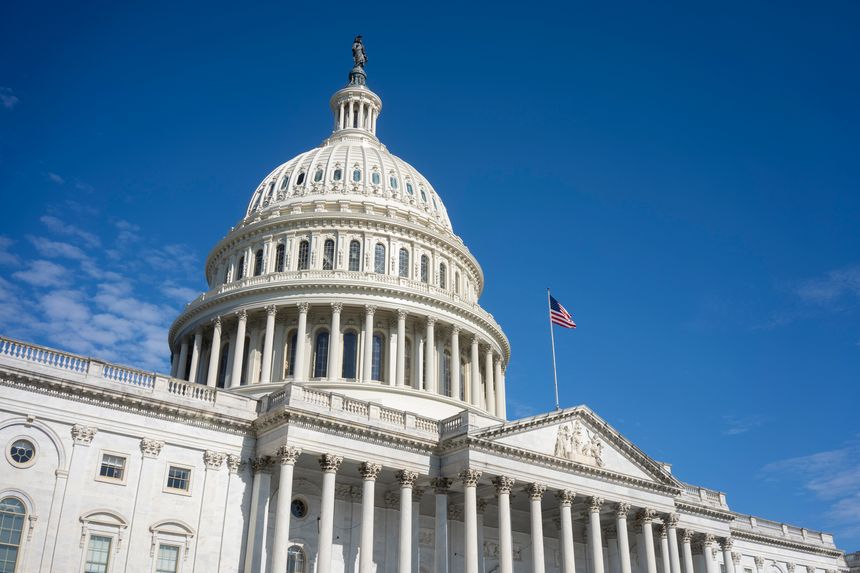A recent bid protest decision by the U.S. Government Accountability Office (“GAO”) is a reminder to government procurement officials and would-be government contractors of the importance of using the correct standards to identify and mitigate potential organizational conflicts of interests.
The Federal Acquisition Regulation (“FAR”) requires contracting officers to avoid, neutralize, or mitigate potential significant conflicts of interest to prevent an unfair competitive advantage or the existence of conflicting roles that might impair a contractor's objectivity. The identification of conflicts of interest is a fact-specific inquiry that requires the exercise of considerable discretion. In considering whether there is an actual or potential OCI, the FAR advises contracting officers to examine the particular facts of the contracting situation and the nature of the proposed contract, and to exercise common sense, good judgment, and sound discretion in deciding whether a significant OCI exists, and in determining the appropriate means for resolving any significant OCI that has been identified. If a contracting officer fails to consider whether any potential OCIs can be avoided or mitigated, or improperly determines that it cannot be avoided or mitigated, that contracting officer violates FAR 9.504(e).
GAO has stated that the situations in which OCIs arise can be broadly categorized into three groups: (1) unequal access to information; (2) impaired objectivity; and (3) biased ground rules.
An impaired objectivity OCI arises where a firm’s ability to render impartial advice to the government would be undermined by the firm’s competing interests. The concern is that a firm's ability to render impartial advice to the government may be undermined by its relationship to the product or service being evaluated.
An unequal access to information OCI exists where a firm has access to nonpublic information as part of its performance of a government contract, and where that information may provide the firm an unfair competitive advantage in a later competition for a government contract.
Lastly, a biased ground rules OCI arises where a firm, as part of its performance of a government contract, has in some sense set the ground rules for the competition for another government contract and could therefore skew the second competition, whether intentionally or not, in favor of itself.
Each of these three types of OCIs requires a different type of review by the contracting officer and, potentially, different types of mitigation or avoidance, as illustrated by the recent case, Safal Partners, Inc., B- 416937 (2019). That bid protest involved an allegation of an impaired objectivity OCI in connection with a task order to provide technical assistance and disseminate best practices among U.S. Department of Education grantees. The test for impaired objectivity is whether the contractor can perform its work impartially. Safal, a disappointed offeror, alleged that WestEd, a subcontractor to the awardee, had impaired objectivity because the new contract would involve assisting Department of Education grantees’ in implementing recommendations that WestEd itself would be making under a different contract it held. Safal alleged that WestEd could benefit itself financially by both recommending grantees for technical assistance under one contract and providing that assistance under the other contract.
The Department of Education’s contracting officer evaluated this alleged OCI and concluded that WestEd would not have the ability to funnel work to itself. In so concluding, the CO the ignored the fact that even if a contractor cannot funnel work to itself, it still may not be able to provide impartial advice because of other contracts and relationships that it has. GAO agreed with Safal and found that the contracting officer had not asked the right question. It is well settled, said GAO, that, where a contractor is expected to offer its input to the agency--for example, advising the agency about best practices to be followed by grantees, as was the case here--the contractor may have an OCI, even where the agency is not relying solely on the contractor’s input, and where the government retains the ultimate decision-making authority. GAO therefore sustained the protest and rejected the finding that there was no OCI.
Practice Tips
- Contractors don’t want to waste money bidding on contracts they are not eligible for. Therefore, contractors should analyze their own potential OCIs before bidding.
- The Request for Proposals may have requirements relating to avoiding and mitigating OCIs. Make sure to read and understand those requirements. Even if the RFP is silent, there may situations in which it is appropriate to proactively offer an OCI mitigation plan.
- Keep abreast of competitors’ contracts so that OCI concerns can be raised when appropriate. Make sure they are raised in a timely fashion.
- Government contracting officers should make sure they have a full understanding of the facts so they can properly analyze, identify and mitigate potential OCIs the first time around.




/Passle/62189924f636e915f48daeda/SearchServiceImages/2026-02-12-21-37-33-331-698e481dfb33fd3b3493afad.jpg)
/Passle/62189924f636e915f48daeda/SearchServiceImages/2026-01-08-18-01-38-649-695ff102ed1fe6d595d1e719.jpg)
/Passle/62189924f636e915f48daeda/SearchServiceImages/2025-12-30-19-54-26-555-69542df2bd098cc4b3f8d9b7.jpg)
/Passle/62189924f636e915f48daeda/SearchServiceImages/2025-12-10-19-07-13-134-6939c4e13022ad27657fb9b9.jpg)